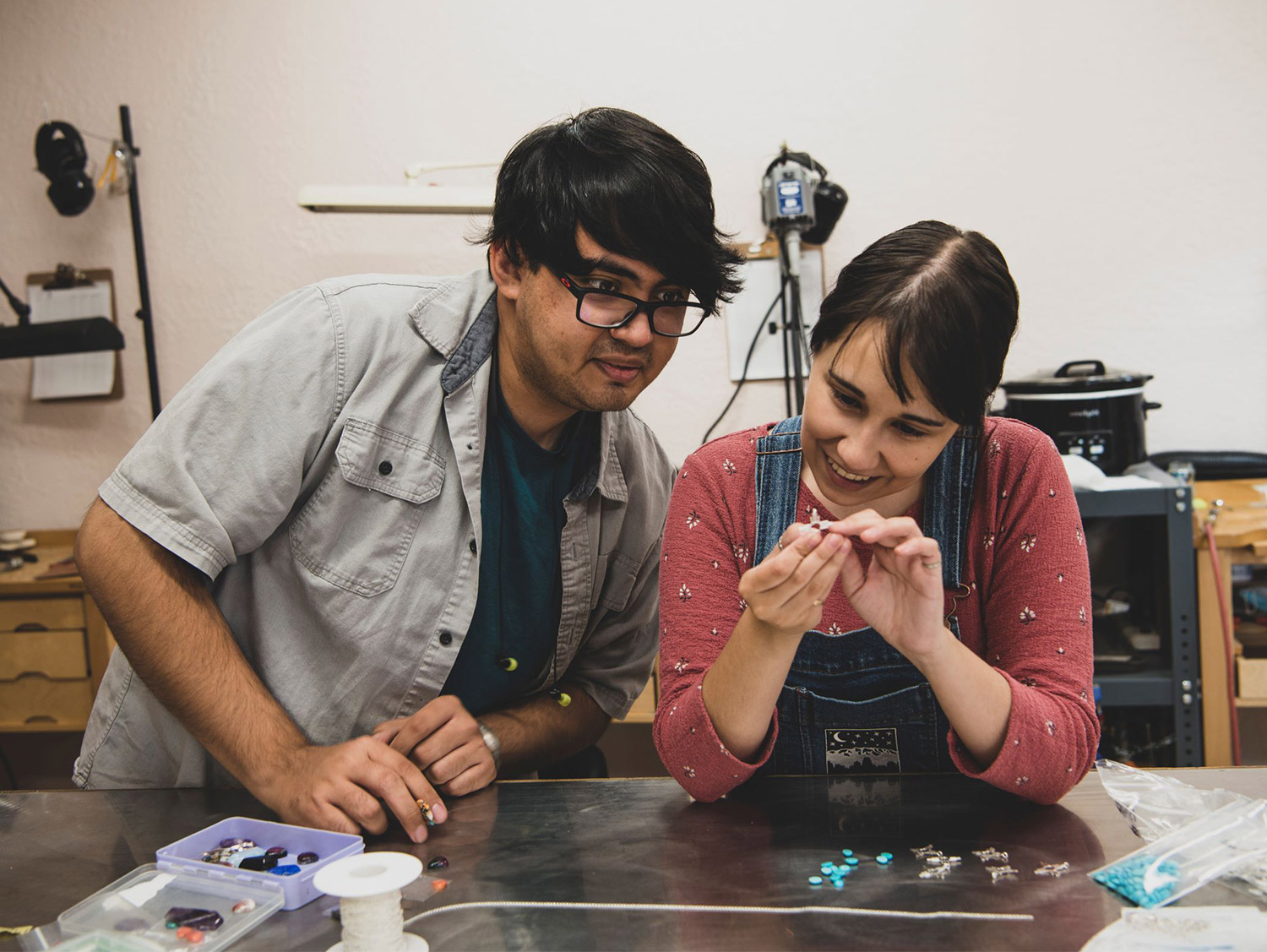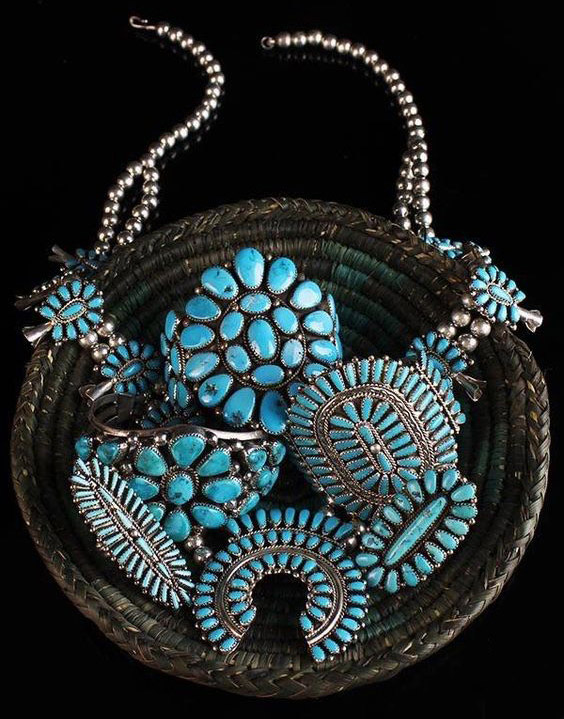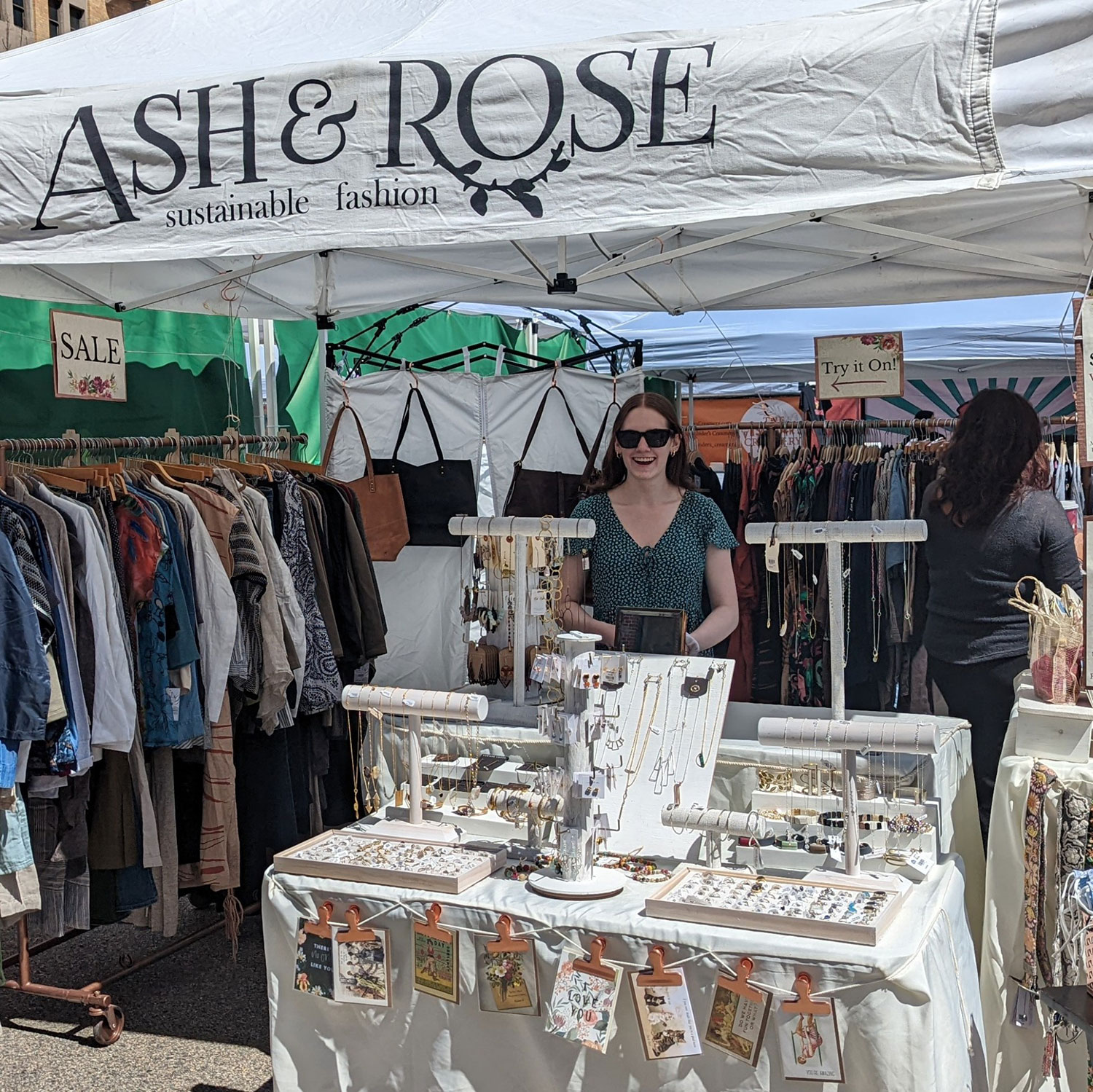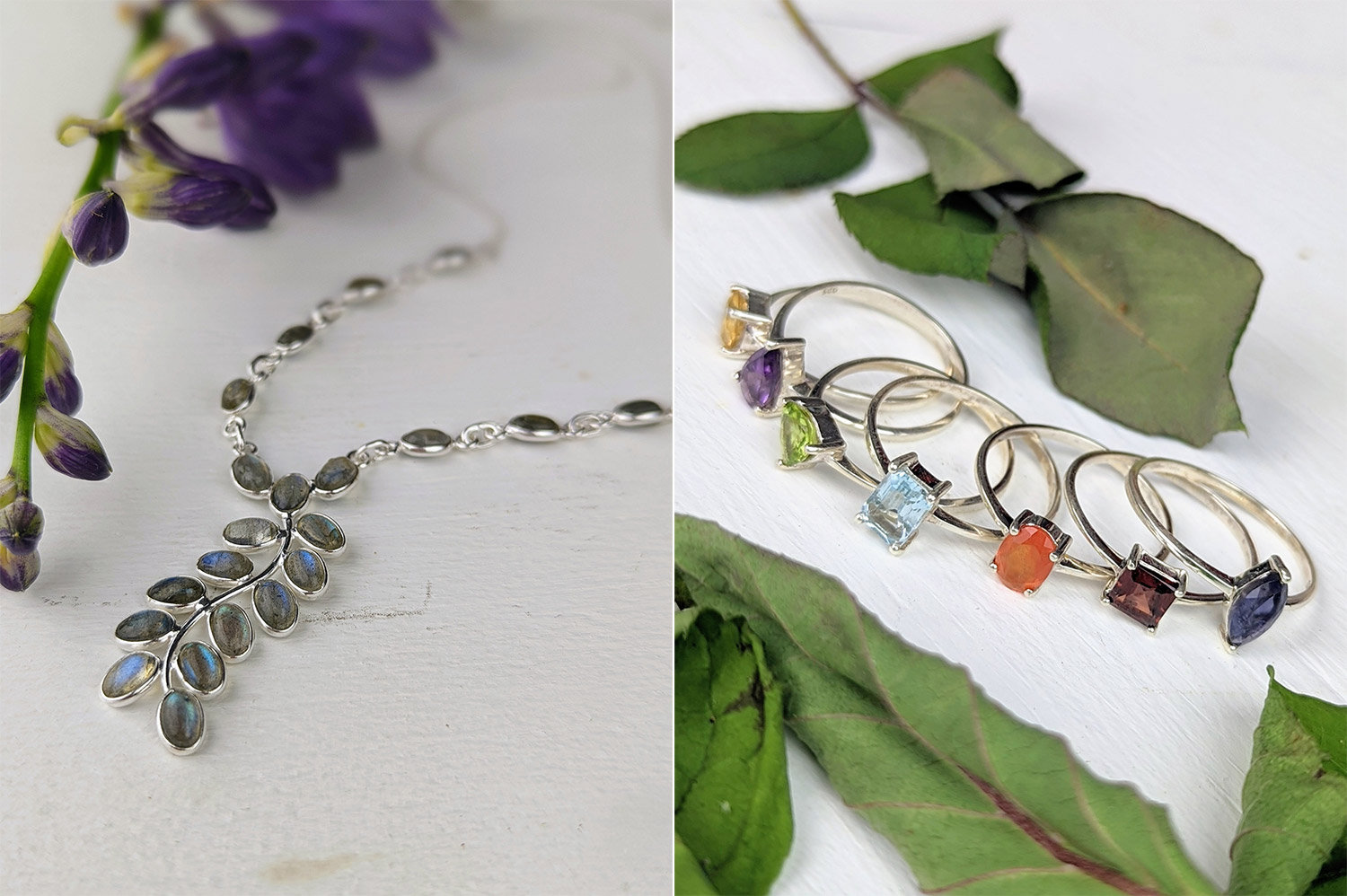
Why a retail jeweler might offer an internship—and how it can create a productive experience for both students and store
Julie Weintraub hated to see Kelsie Ames go.
In early 2021, over the course of a four-month marketing internship at the Gold & Diamond Source, the 12,000-square-foot Clearwater, Fla.–based jewelry store Weintraub owns with her husband, Steve Weintraub, Ames enlivened the 38-year-old company’s digital marketing efforts. She created videos and crafted social media posts, studied the analytics of different digital campaigns, and extracted insights to bolster the store’s online marketing, recording her findings on a spreadsheet before returning to Old Dominion University to complete her undergraduate studies. “Kelsie gave us great momentum in our digital marketing,” Weintraub says. “Her work helped us and continues helping us.”
Ames is among a number of interns the Gold & Diamond Source has welcomed into its business in recent years to support the store’s marketing and showroom operations—and she won’t be the last.
“A jewelry store shouldn’t rule out” hiring interns, Weintraub says. “It’s an opportunity to be exposed to good people and fresh ideas.”


The rationale for offering an internship
Though few retail jewelers host internships, those who have done so report some fruitful results.
Typically younger than a store’s leadership and retail staff, interns often enter a store with unique perspectives and contemporary skills. Students, for instance, might bring deep familiarity with social media or video or offer thought-provoking ideas on how to better engage younger consumers.
Seeking online marketing support, Ash & Rose founder Mary Savoca first hosted interns at her Framingham, Mass.–based jewelry store in 2018. She has continued employing interns in the years since—about a dozen total—even as Ash & Rose shifted to pop-up stores and live events after an April 2020 flood forced the closure of its Boston boutique.
Savoca’s favorite intern was a student videographer who lined the store’s social media feeds with professional-quality videos featuring local influencers. “We felt like we had struck gold with her, even though she was only with us temporarily,” Savoca says.
From preparing product for a display case to updating the Ash & Rose website, interns have provided an extra set of hands alongside interesting ideas, Savoca says. In turn, she has tried to include interns in all aspects of business operations, offering them an up-close look at the daily realities of running a small retail business.
That opportunity for student interns to see firsthand how a successful business runs is invaluable, says James Thurman, associate professor and program coordinator for Metalsmithing and Jewelry at the University of North Texas. “Most students do not have a lot of professional experiences in their field, so it’s an excellent opportunity to begin building relationships and receive a more accurate picture of their chosen profession.”
T.Skies Jewelry in Albuquerque, N.M., offered its first internship in 2015 and now hosts one or two students each semester, most of them from the Bench Jewelry certificate program at Central New Mexico Community College. Interns learn practical skills such as stamping, casting, and polishing as well as how to use the rolling mill, and T.Skies owner Mathew James says the hands-on work empowers students to earnestly assess their interest in jewelry as a career.

“The young energy and spirit they bring to our business helps us, and I love that we can be that first opportunity for an aspiring young artist,” says James, who pays interns the prevailing minimum wage as well as a fee whenever one of their handcrafted pieces sells in the showroom.
If a particular intern is passionate and skilled, James then has an inside track to hiring that individual at T.Skies. “It’s not bad having pick of the litter,” James says.
When all goes according to plan—admittedly, internships and the interns themselves sometimes run awry—retailers benefit from energized personnel who advance the business and help expand its customer base, while students gain confidence and practical experience in a real-world working environment.
“It’s definitely a mutually beneficial, synergistic relationship,” Thurman says.
Running a successful internship program
As with many other colleges and universities across the United States, internships at the Fashion Institute of Technology (FIT) come in three varieties: paid, unpaid with academic credit, and a paid/course credit hybrid. Businesses hoping to sponsor FIT student interns must apply through the college’s Career and Internship Services, where their expectations and payment practices are inspected and vetted. The internship center keeps a close eye on the school’s internship programs, particularly unpaid credit-only arrangements, to prevent students’ being used as cheap labor, says Kim Nelson, who chairs FIT’s Jewelry Design department.
FIT’s thorough process serves as a reminder that jewelry stores looking to offer student internships must be thoughtful and diligent in their approach. If not, the internship is unlikely to benefit the student or the store. To create an internship program productive for all parties, heed the points below.
Start small
Rather than employing multiple interns across different areas of the business, James suggests starting with one intern and devising a clear plan for the tasks the intern will tackle. “Start small and be methodical,” he says. “This takes time and effort, and you have to care.”
Temper your expectations
Interns are professionals in training, not seasoned workforce veterans. They have plenty to give, yes, but also plenty to learn. Provide guidance and mentorship. Be open, accepting, and understanding. “It’s your job to teach them and expose them to your business,” Savoca says. “It’s a cooperative process.”

Get your interns involved
Savoca likes to include interns in day-to-day conversations as well as business strategy discussions at Ash & Rose. “Even if the actual tasks they’re working on are relatively mundane, they always have interesting perspectives and ideas to contribute,” Savoca says.
Expect the unexpected
Every intern is different. Some will take a task and run with it, far exceeding expectations, while others might require more direction and validation. Says James: “Your job is to figure out what they’re good at, what they can handle, and then put them in a position to succeed.”
Top: Getty Images
